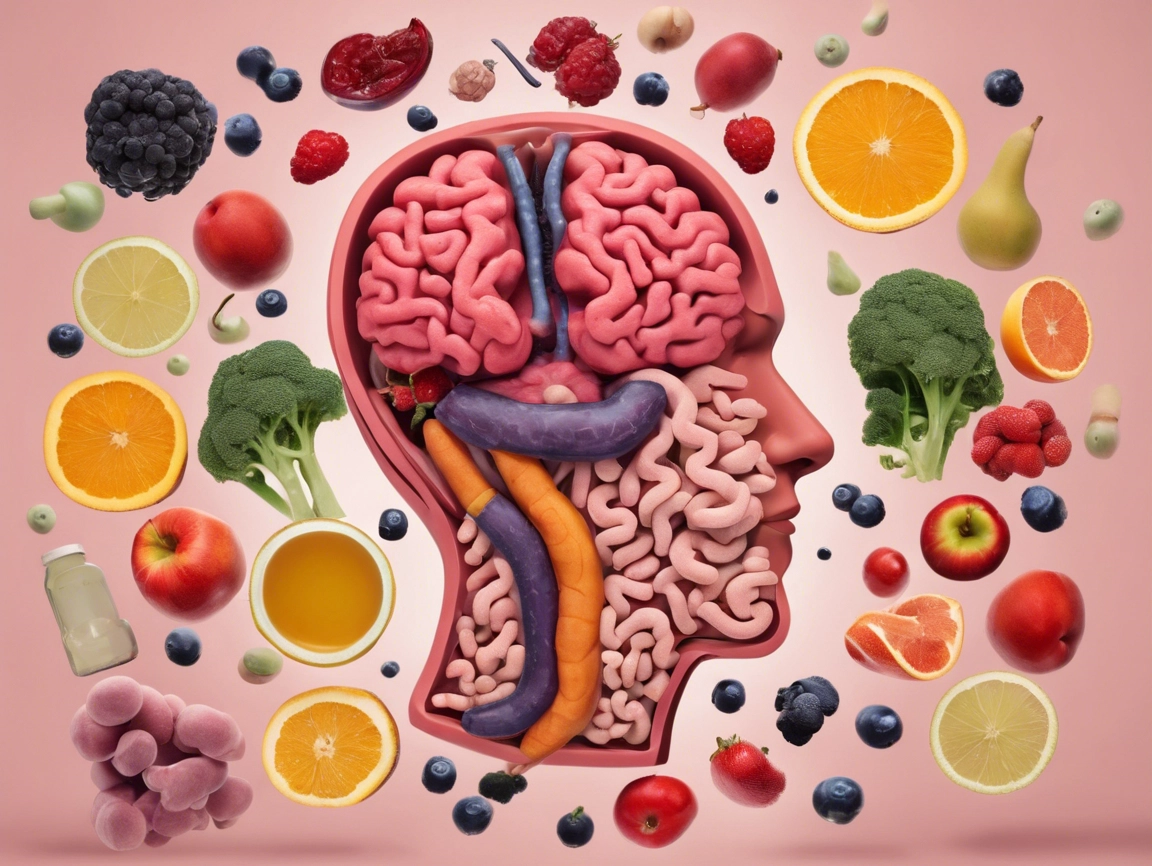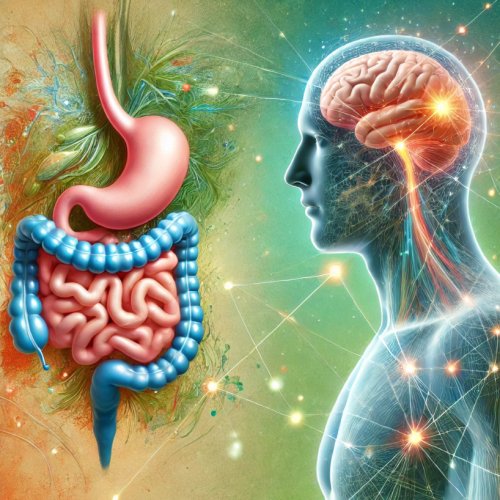The connection between the gut and brain is powerful, and understanding how gut health affects mental health can transform the way we approach emotional well-being. The gut contains trillions of microbes that communicate with the brain through the gut-brain axis, influencing mood, focus, and stress response. Nutrients from probiotic-rich foods, prebiotics, and a balanced diet help maintain healthy gut bacteria, which in turn supports better mental clarity and emotional stability. This guide explains how the gut impacts the mind, the best foods for a healthy microbiome, and daily habits to strengthen both digestive and mental health naturally.

The Gut-Brain Connection
The gut-brain axis is a two-way communication system linking the digestive system and the central nervous system. A healthy gut produces neurotransmitters like serotonin, which regulate mood and happiness. Poor gut health can cause inflammation, disrupting brain function and increasing the risk of anxiety and depression. Understanding how gut health affects mental health means recognizing that digestion and mood are deeply linked. When the gut microbiome is balanced, the brain receives consistent chemical signals that promote emotional stability, sharper focus, and resilience to stress. Supporting this connection begins with nutrient-rich foods and mindful eating habits.
Foods That Improve Gut and Mental Health
A balanced diet is key to improving how gut health affects mental health. Some top foods include:
- Probiotic-rich foods like yogurt, kefir, and sauerkraut to maintain healthy gut bacteria.
- Prebiotic foods such as garlic, onions, and bananas to feed beneficial microbes.
- Leafy greens for fiber and antioxidants that reduce gut inflammation.
- Fatty fish rich in omega-3 fatty acids to improve brain cell communication.
- Berries for antioxidants that protect neurons from oxidative stress.
- Whole grains for steady energy and healthy digestion.
Including these foods daily promotes a thriving microbiome, which can enhance mood regulation, concentration, and emotional balance.
Lifestyle Habits for a Healthy Gut-Brain Axis
Diet alone is not enough—habits play a vital role in how gut health affects mental health. Regular exercise improves gut diversity and increases mood-enhancing chemicals in the brain. Adequate sleep supports microbial balance and reduces stress hormones. Mindful eating helps with digestion and prevents overeating. Staying hydrated ensures nutrients and beneficial bacteria circulate effectively. Limiting processed foods and excess sugar prevents harmful bacteria overgrowth. By combining gut-friendly foods with consistent lifestyle practices, the gut-brain connection becomes stronger, leading to better emotional resilience and improved cognitive function.

Signs Your Gut Might Be Affecting Your Mental Health
If you struggle with anxiety, depression, brain fog, or frequent mood swings, your gut may be part of the cause. Digestive symptoms like bloating, constipation, or frequent stomach discomfort often signal an imbalance in gut bacteria. Recognizing these warning signs is essential for understanding how gut health affects mental health. Early dietary changes and probiotic support can restore balance before mental health issues intensify.
Conclusion
Knowing how gut health affects mental health empowers you to take control of both digestion and mood. A thriving microbiome, supported by probiotics, prebiotics, fiber-rich foods, and healthy lifestyle habits, promotes emotional balance and sharp thinking. The gut and brain constantly influence each other—so nourishing one supports the other. Small, consistent changes to diet and daily routine can have a lasting impact on both mental and physical well-being.
